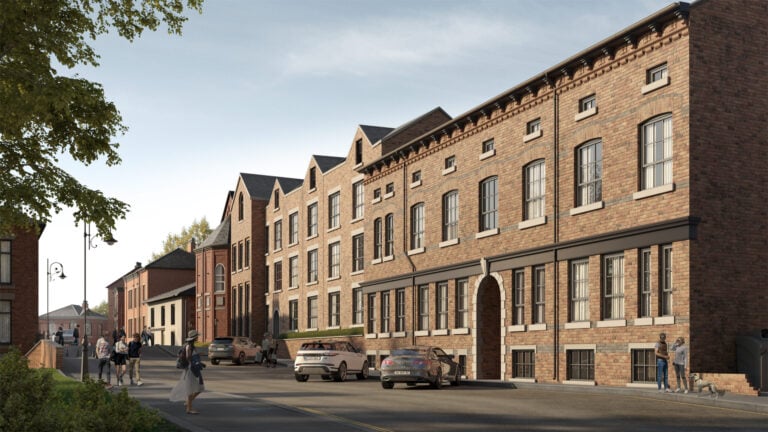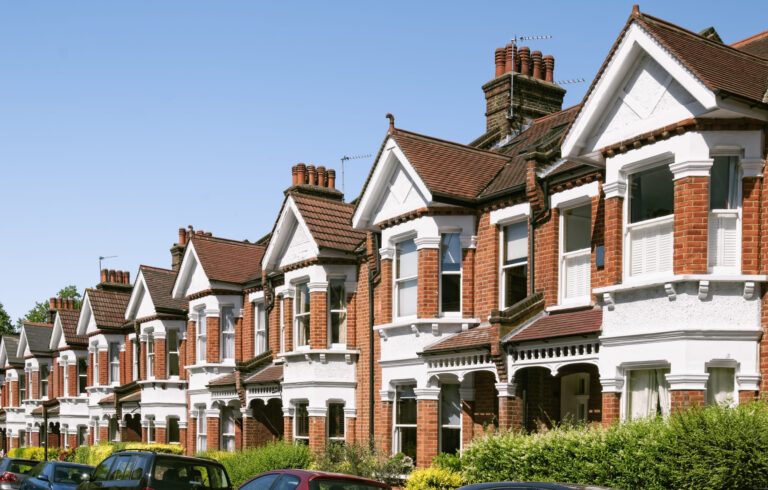The leasehold system for flats and apartments in the UK has been branded ‘feudal’ and out of date, and further improvements are in the pipeline via leasehold reform to make it fairer for owners.
On 11th January, the Department for Levelling Up, Housing and Communities launched a consultation looking at proposals to make it easier for leaseholders to manage or buy their buildings outright from the freeholder, giving them more control over how shared facilities are run and on building maintenance costs.
Last week, housing secretary Michael Gove spoke out in support of a radical leasehold reform, indicating that the legislation could come into play as early as the end of this year. It would make the concept of buying a leasehold flat a more appealing concept, given that owners will have more options open to them and greater control.
Liberation from leasehold
In an interview, Gove commented: “I don’t believe leasehold is fair in any way. It is an outdated, feudal system that needs to go. And we need to move to a better system and to liberate people from it.”
He admitted, though, that a full overhaul of the existing leasehold system would be no mean feat, but was necessary to improve fairness in the industry.
“We want to introduce legislation in the final parliamentary session — later this calendar year — in order to change the leasehold system,” said Gove.
“It’s not easy in legal terms. When you’ve got a tangle of property laws going back hundreds of years, unstitching all of that is difficult. But the fundamental thing is that leasehold is just an unfair form of property ownership.
“In crude terms, if you buy a flat, that should be yours. You shouldn’t be on the hook for charges which managing agents and other people can land you with.”
The proposals in the government’s consultation include making it cheaper for leaseholders to club together to purchase the freehold. This could include a ‘mandatory leaseback’, so landlords (freehold owners) would keep a lease on some properties, reducing the cost of a collective buyout.
Changes have already been made
Anyone who follows property industry news in the UK will likely be familiar with the ‘ground rent scandal‘ that has affected thousands of homebuyers in recent years, who found that their ground rents were legally allowed to spiral after they’d purchased their properties.
From 30th June last year (2022), the Leasehold Reform (Ground Rent) Act 2022 came into force, putting an end to ground rents for most new long residential leasehold properties in England and Wales. So anyone who bought this type of property after this date will no longer be faced with financial demands for ground rent.
The problematic ground rents in question were much more likely to apply to houses rather than flats, where ground rents tend to be much more standardised. For most leasehold flat owners, ground rents and service charges are agreed at point of purchase and do not pose problems.
Will leasehold actually be abolished?
While Gove and his department seem determined to action changes imminently in the property market to improve the leasehold situation, a solid plan for absolute abolishment has not been set out.
According to Katie Cohen, residential property partner at Keystone Law, the idea of the whole leasehold/freehold system being eradicated is “unlikely”.
“The comments concerning the government’s continued commitment to leasehold reform, whilst encouraging, do not provide the degree of certainty required to fully advise both freeholder and leaseholder clients,” she said.
“It has been over a year since the government opened its consultation entitled ‘Reforming the leasehold and commonhold systems in England and Wales’ and there has been no formal report published on its outcome.









